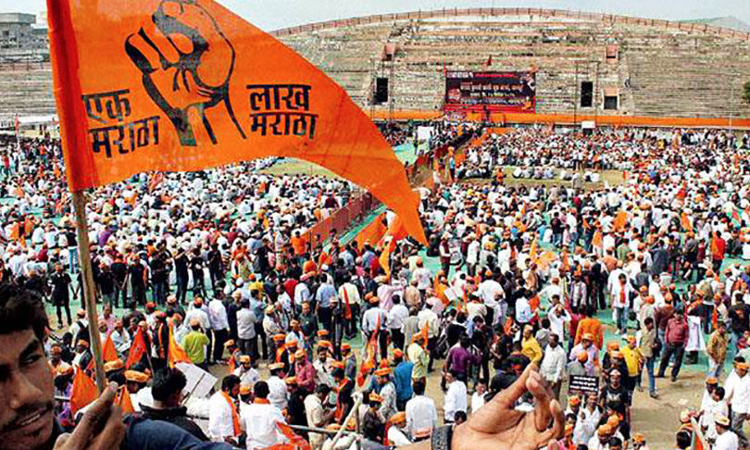Maratha Quota Case: Whether 50% Reservation Limit Can Be Breached? Reference To Larger Bench Sought
Radhika Roy
26 Aug 2020 8:00 PM IST

Next Story
26 Aug 2020 8:00 PM IST
The Supreme Court heard arguments with respect to reference to an 11-Judge Bench of the issue pertaining to whether the State had the power to exceed the 50% reservation cap, as dictated in the 9-Judge Bench in the case of Indira Sawhney. A Bench of Justices L. Nageswara Rao, Hemant Gupta and S. Ravindra Bhat heard the matter as Senior Advocates Mukul Rohatgi, Kapil Sibal, CU Singh...
